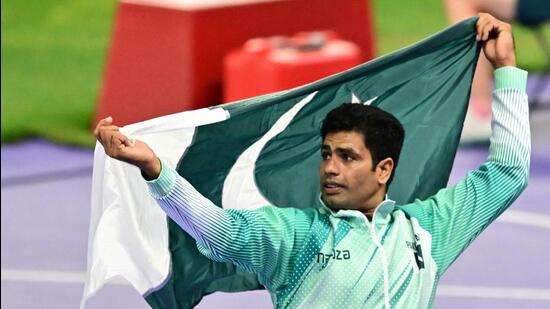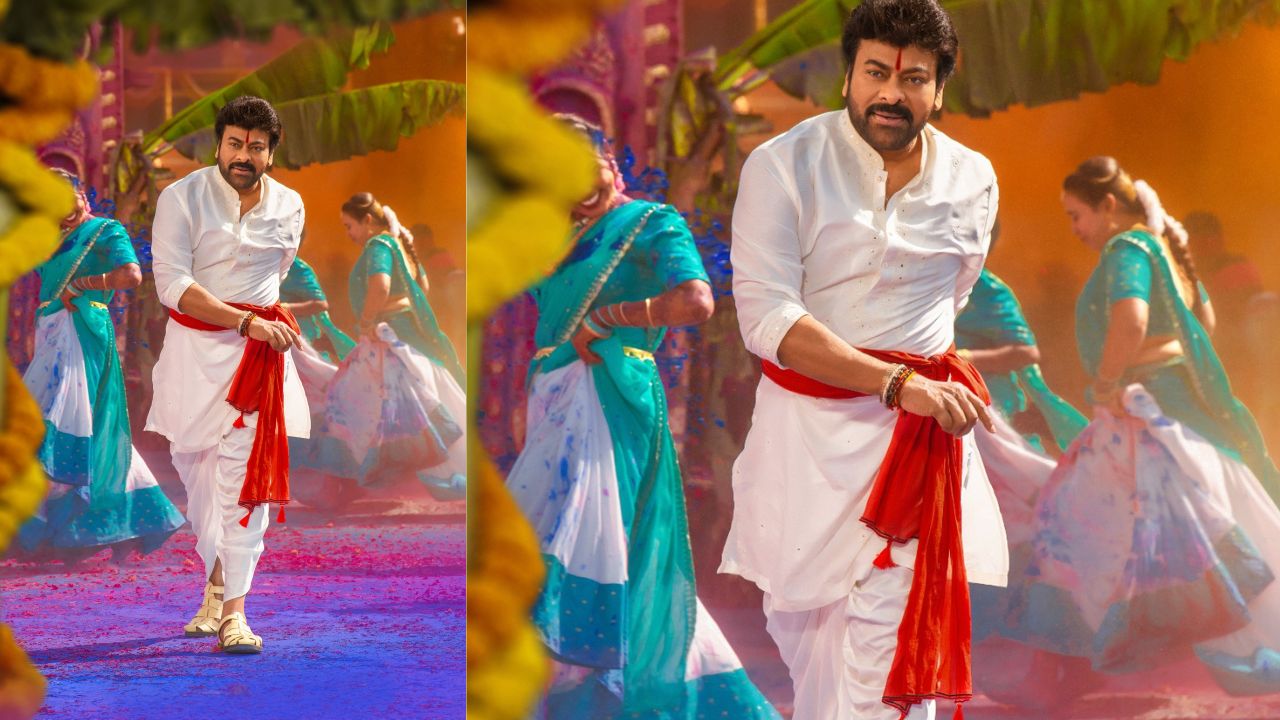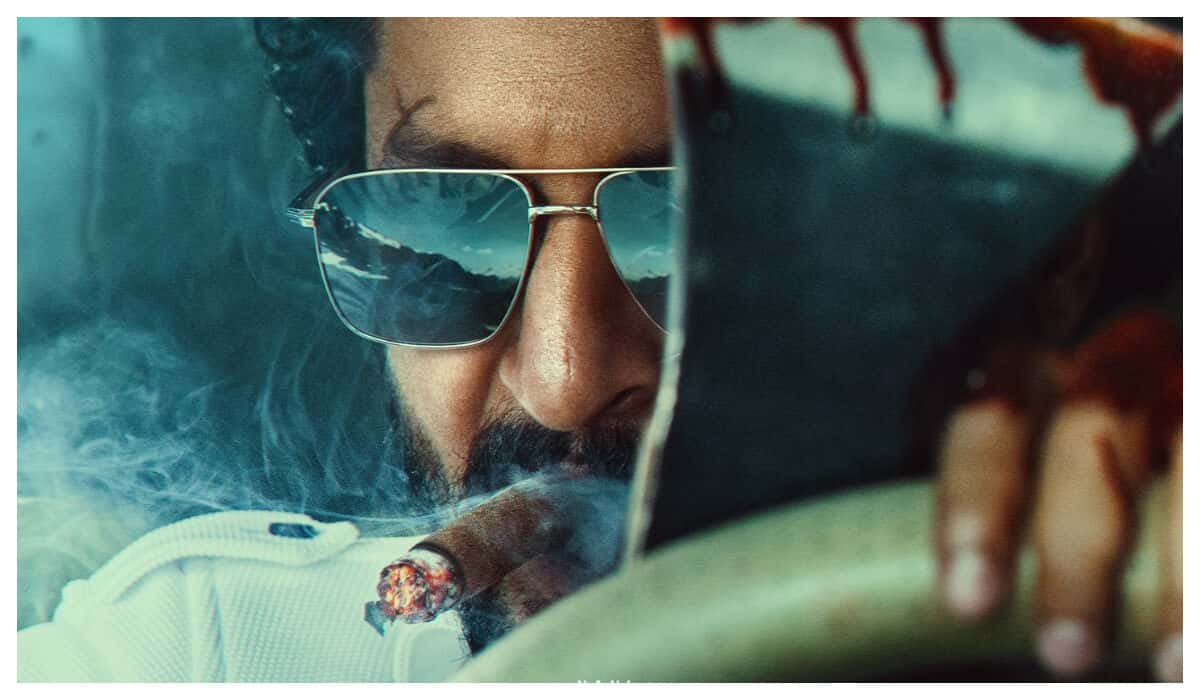
Paris 2024: Smashing the mould: The first who set the tone
8 months ago | 101 Views
The toughest road to take is the one less travelled. But that is where Letsile Tebogo, Julien Alfred, Adriana Ruano, Thea LaFond and Arshad Nadeem have met.
They have each taken very different paths to reach this place — Botswana’s Tebogo chose athletics after an injury ruled football out; the journey of Saint Lucia’s Alfred included her father’s death in 2013 and a move to Jamaica as a teenager, alone, in the hope of training to become a great sprinter. A spinal injury ended Ruano’s Olympics dream as a gymnast, so she came back as a shooter for Guatemala. Dominica’s LaFond was once a special ed teacher in Silver Spring and is now the world’s top triple jumper while Pakistan’s Nadeem needed his fellow villagers and relatives to donate money so that he could travel to other cities for his training and events.
Today, they all stand as Olympic champions — the first individuals from their respective countries to become the best in the world. It is indeed the road less travelled but they were never lost. Rather, they were driven to find a way.
St Lucia sent a total of four athletes to the Games, Botswana 14, Dominica four, Guatemala 16, and Pakistan seven. For perspective, India sent 117, China 388 and USA 592. This is perhaps a combination of various factors — like population, economy and national ambition.
But for the smaller nations, the ones that are just starting out, it is important to know it can be done. To know that it can be through grit and determination. To know that talent is where it begins and that gold medals don’t belong to the economic powerhouses alone.
“It’s an understatement to say it’s a really big deal,” LaFond said after her victory in the women’s triple jump on Saturday night at the Stade de France. “Sometimes you wonder if being from a small country means that you have less accessibility to resources… But we’ve been really big on (prioritising) quality and just executing it.”
She added: “My country’s name is Dominica (dah-min-EE-ka). We’re not Dominican Republic, so it’s pronounced differently,” LaFond said. “We are roughly 70,000 people. Not seven million. Not 70 million. Seventy thousand. And it is a gorgeous, gorgeous gem in the Caribbean near to Martinique and Guadeloupe… Our neighbours also include St Lucia, Barbados and, further south, Trinidad and Tobago. Our primary language is English. And now they have a gold medal.”
A gold medal whose worth can’t be measured by simple statistics because the change it brings about can alter lives. For instance, there are virtually no facilities for track and field on Dominica but maybe this will get things going in the right direction.
What is true of Dominica is also true of St Lucia. Alfred, 23, got herself in the right mindset by watching videos of retired Jamaican great Usain Bolt on Saturday and then defeated the USA’s world champion Sha’Carri Richardson to take gold in the women’s 100m in a national record of 10.72secs.
“(I was) hoping that they could get their first Olympic medal and it came as a goal, so I’m sure they’re celebrating right now,” said Alfred, who grew up running barefoot in a country that lacked proper track facilities.
From so little has come so much. The bigger nations weigh medals in terms of return-on-investment but there are always several intangibles that come into the picture as well.
India gets this too. The spend on athletes is increasing on a yearly basis but Olympic success isn’t easy to come by. You can put systems in place, infrastructure can be built but the key to the entire set up is the breakout athlete who shows that it can be done.
When Neeraj Chopra became the first individual from India to win gold in track and field at Tokyo, he set in motion a series of events which saw athletes and athletics demanding more attention from the federations and the government.
What Chopra did for athletics in India, Abhinav Bindra’s success in Beijing 2008 did for shooting. With more people wanting to take up the sport, India’s talent base increased and that is where champions emerge from.
It shows why the first step is more important. Pakistan has a long way to go before it finds another athlete like Nadeem. All the right things will have to be done. But his success shows the nation that talent isn’t the issue for them. The rest of it is.
Not content with breaking the Olympic record, Nadeem has set his sights on achieving the 95m mark.
“I was expecting and hoping to even go further, but ultimately I am content with 92.97m as it allowed me to win the gold,” he said after the victory. “But I will continue working harder to extend this throw to over 95m.”
Tebogo, who became the first sprinter from Africa to claim an Olympic gold medal in the men’s 200m, knows that his medal will change things — not just for his country but for the entire continent.
“It means a lot to the African continent because now they see Africa as a sprinting home,” he said. “So, we just had to make sure that the message is loud and clear.”
“It didn’t take so long, they were just waiting for me to step up.”
And step up they all did. Their achievements will allow the dreams of others to soar as well. For these countries, it was once the road less travelled. Not anymore.
#




















